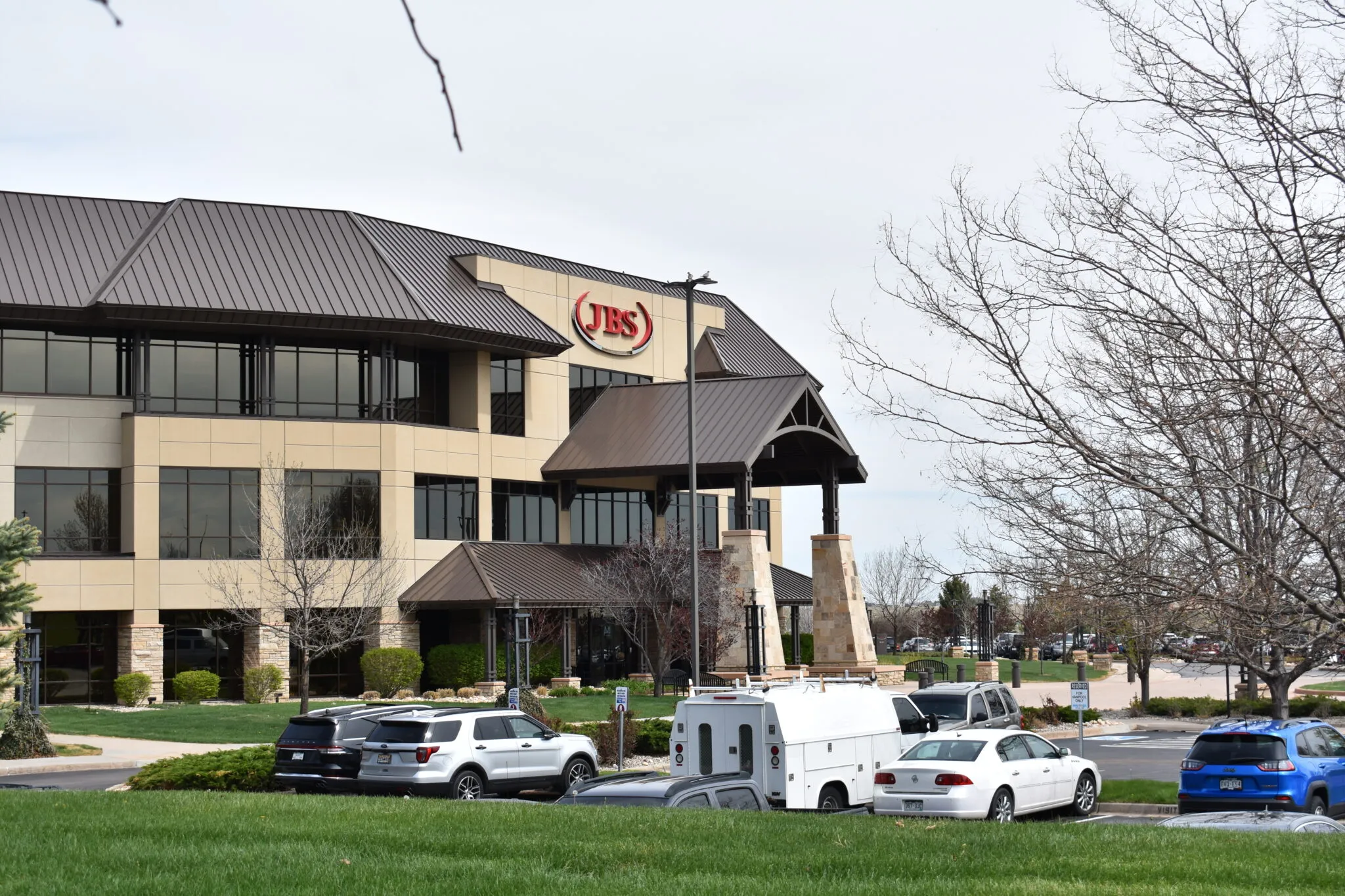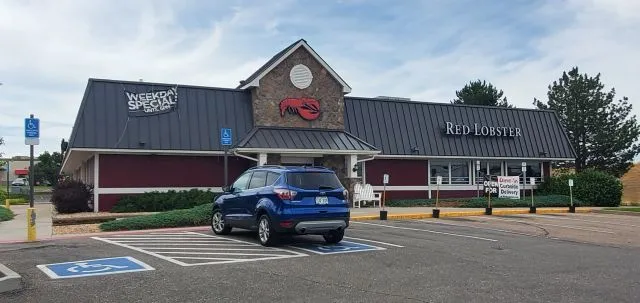Pilgrim’s Pride seeks appellate review in wage-fixing lawsuit

Attorneys for Pilgrim’s Pride Corp., being sued by a class of nationwide poultry farmers for allegations of conspiring to suppress growers’ pay, hope to convince the appellate court to hear their appeal of a recent order certifying the growers as a class, which can lend more weight to the claims against the company.
THIS ARTICLE IS FOR SUBSCRIBERS ONLY
Continue reading for less than $3 per week!
Get a month of award-winning local business news, trends and insights
Access award-winning content today!





